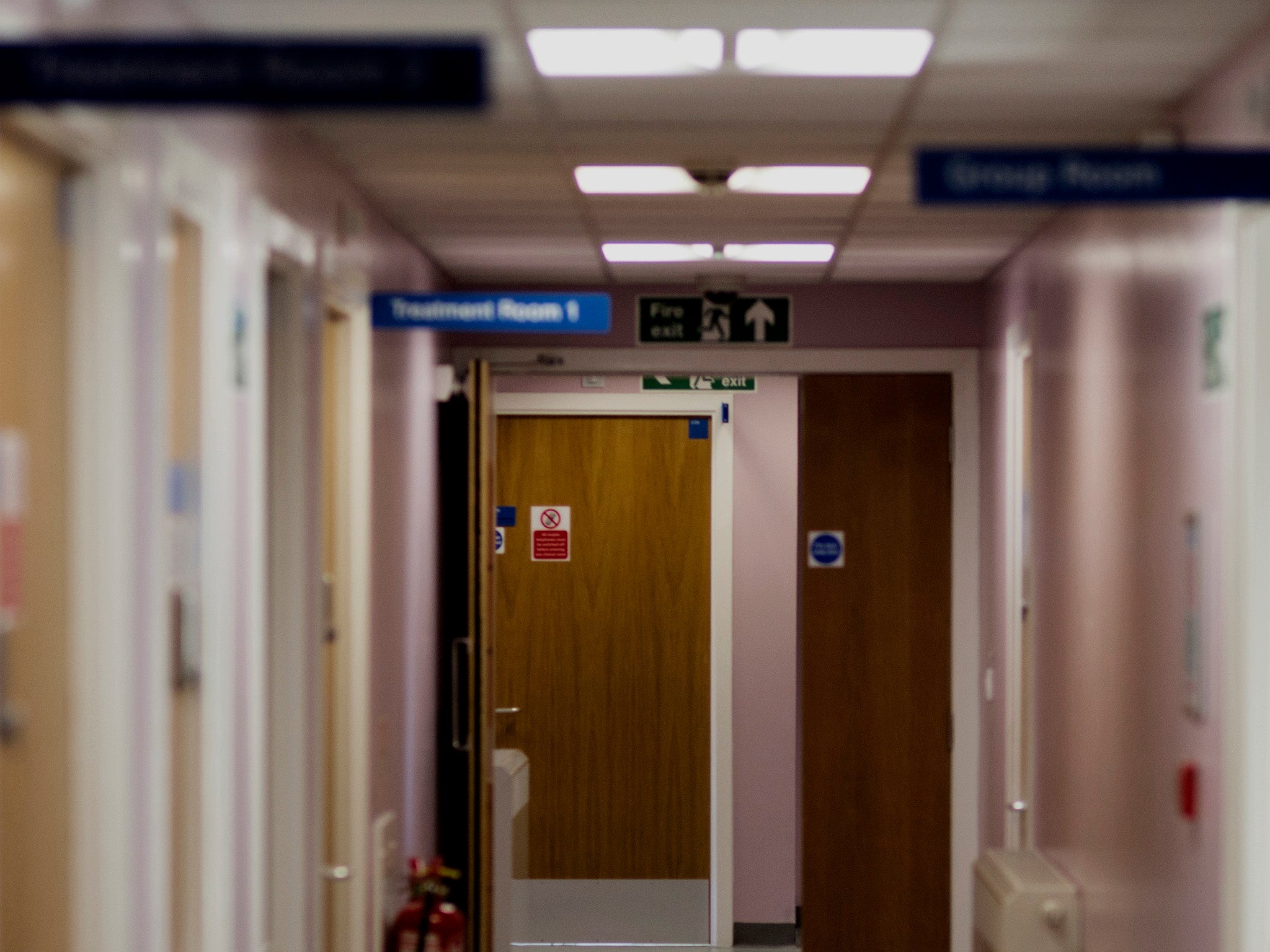The CQC’s report into ‘do not resuscitate’ orders shows that disabled people are being treated like second class citizens
What we’re talking about here is hundreds of people potentially having their human rights violated by orders imposed upon them without their or their families’ knowledge or consent


Your support helps us to tell the story
From reproductive rights to climate change to Big Tech, The Independent is on the ground when the story is developing. Whether it's investigating the financials of Elon Musk's pro-Trump PAC or producing our latest documentary, 'The A Word', which shines a light on the American women fighting for reproductive rights, we know how important it is to parse out the facts from the messaging.
At such a critical moment in US history, we need reporters on the ground. Your donation allows us to keep sending journalists to speak to both sides of the story.
The Independent is trusted by Americans across the entire political spectrum. And unlike many other quality news outlets, we choose not to lock Americans out of our reporting and analysis with paywalls. We believe quality journalism should be available to everyone, paid for by those who can afford it.
Your support makes all the difference.If there was an award for official language that soft soaps a horrible scandal, you’d have to at least nominate the Care Quality Commission’s report into the way “do not resuscitate” orders have been used during the pandemic.
“Protect, respect, connect – decisions about living and dying well during Covid-19,” gets the ball rolling. It sounds reassuring, even cuddly. But what we’re actually talking about here is hundreds of people potentially having their human rights violated by orders imposed upon them without their or their families’ knowledge or consent.
A survey conducted by the regulator found that 30 per cent of individuals with a DNACPR (Do not attempt cardiopulmonary resuscitation) in place weren’t aware of it. The same was true of 28 per cent of relatives and/or carers.
Decisions about these are only supposed to be taken after careful discussion. In too many cases, though, there wasn’t any discussion at all.
The word “inappropriate” is repeatedly featured in the report’s pages – 27 times in fact. There are also three instances of “concerning” and three more of “unacceptable”. Here are some alternatives: appalling, scandalous and wrong. Wrong, wrong, wrong.
We’re talking about people’s lives here, people who have value, families and loved ones, people entitled to respect and care. In some cases they clearly didn’t get it.
Read more:
Here is a stunning paragraph from the press release accompanying the report: “While most providers of adult social care, primary care and secondary care that we spoke to reported they were not aware of inappropriate DNACPR decisions, or DNACPR decisions being applied to groups of people, CQC received feedback from stakeholders, people who use services and their families and carers, that ‘blanket’ DNACPR decisions had been proposed at a local level.”
Is it that they were “not aware” or was there something more sinister at work? This is an issue that warrants further exploration. The disconnect between what patients, families, and carers and health service providers were telling the regulator is striking and disturbing.
I’m aware, as we all are, that the pandemic has put service providers under severe and unprecedented pressure. However, we can’t allow this to become a catch-all excuse for bad practice, and that phrase is utterly inadequate for the blanket placing of “do not resuscitate” orders on people who want to live, and have expressed the desire to do so.
This is, anyway, nothing new. The problem has been around for some time. The poor record keeping, lack of oversight and scrutiny of decisions – shortfalls in governance – that the report highlights have been problematic for some time. If Covid-19 has done us any sort of service, it is that it has shone a light on the issue.
“Poor DNACPR decisions that put people’s human rights at risk have long been an issue in England,” the report states. “This has been a particular concern in relation to people who are disabled (including people with physical disability and people with a learning disability) and/or older people.”
Damn right it’s a concern. As a disabled person myself, I found reading the missive chilling.
Another term the report does not, but probably should have, used is “second class citizen”. Behind the soft officialese is yet more evidence of the way British officialdom shoves disabled people, the elderly, and those with learning difficulties, into that class.
I’m aware that this is a difficult area. Those outcomes, if cardiopulmonary resuscitation is tried and proves successful, aren’t always terribly good. But that’s not really relevant if, having discussed the issue, people say they want it tried.
If you need to understand why disabled people are so opposed to legislation clearing the way for assisted dying in this country, this report serves as a pretty good explainer.
Join our commenting forum
Join thought-provoking conversations, follow other Independent readers and see their replies
Comments